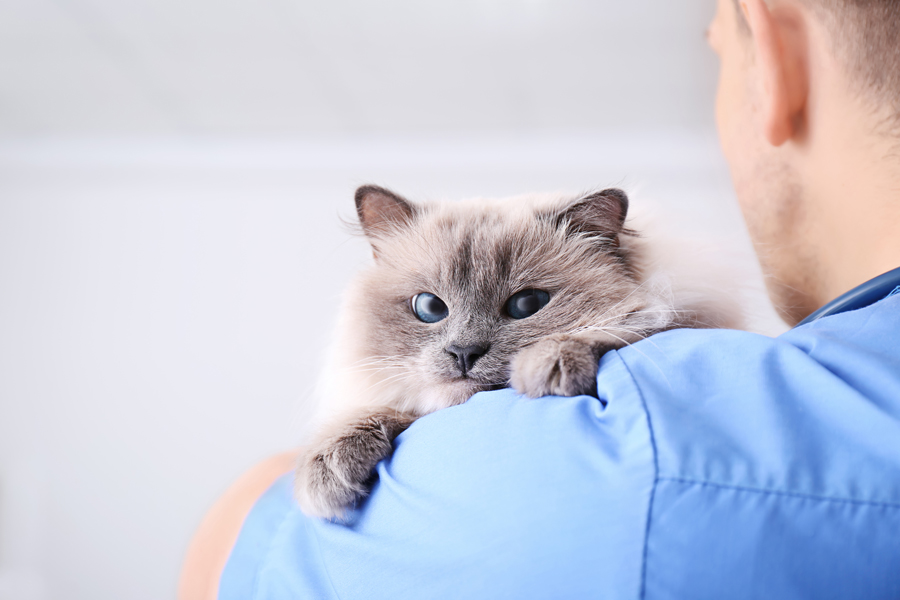
Here you can find answers to our most common questions, and how our center handles these siutations.
Small breed dogs should be spayed/neutered between 6-8 months of age, earlier if they are exhibiting marking behavior or aggression.
Large breed dogs should be spayed/neutered between 8-12 month of age, earlier if they are exhibiting making behavior or aggression.
Cats should be spayed/neutered between 6-8 months of age.
At 8, 12 and 16 weeks of age
Yes, year round
Yes, our groomer has 20+ years’ experience!
We are one of a few clinics in a 50 mile radius that provide emergency service for both large and small animals! As such, our emergency service is by appointment only and limited. Cases are triaged with established clientele receiving preferential treatment.
Call the clinic number, 320-587-4044, leave a message with your name, phone number and brief description of your concerns, and the Doctor will return your call. Listen to the message closely for instructions – the doctor on call makes an attempt to leave information in the clinic message regarding the ability to see emergencies based on volume.
We provided exploratory, orthopedic, intestinal, cystotomies, oral, lumpectomies, biopsies, cruciate tear (ACL) surgeries (TTA) , MPL’s , reconstructive, as well as spay and neuter surgeries.
Dogs, cats, horses, cattle, sheep, goats, llamas, alpacas, rabbits, guinea pigs, and other small mammals.
By Symptoms?
If your pet is vomiting more than 1-2 times per month, he/she should be evaluated – exam, with bloodwork and xrays as indicated.
If you pet is vomiting numerous times over a few hours, please call for advice as this may be an emergency.
If your pet, horse or livestock has an episode of diarrhea that does not affect his/her energy, you are generally fine to evaluate overnight. If a known toxin has been ingested, this may be an emergency.
Persistent diarrhea, especially with red blood present, is considered more urgent. Consultation with the on call vet is recommended. Please attempt to collect a diarrhea stool sample to bring to your appointment (poop collection bag, zip lock bag, etc.)
A lack of appetite is of concern if out of normal for the pet. As long as water is being consumed, it is best to observe for a reasonable amount of time (e.g. overnight). An off- feed cow or horse is an anomaly and if associated with pain, should be evaluated.
Ear infections should be treated in a timely manner, e.g. next 24 hours. Call our office for an appointment or further direction.
Skin infections and allergies are very common. We recommend year-round flea and tick preventatives . Please call for an appointment.
This is one of the more common symptoms reported by pet owners. Many of the conditions and diseases that cause this are treatable/controllable. Please attempt to collect a urine sample for us to evaluate at your appointment.
If bleeding is not excessive/under control, most wounds should be kept moist with triple antibiotic salve and arrangements made for evaluation/surgery the next day.
End of life decisions are the saddest of events. We have a responsibility to help patients whose health cannot be restored by ending suffering. Please call our office to schedule quality of life exams and euthanasias. We offer professional cremation services, the most popular is private cremation with individual ashes returned.